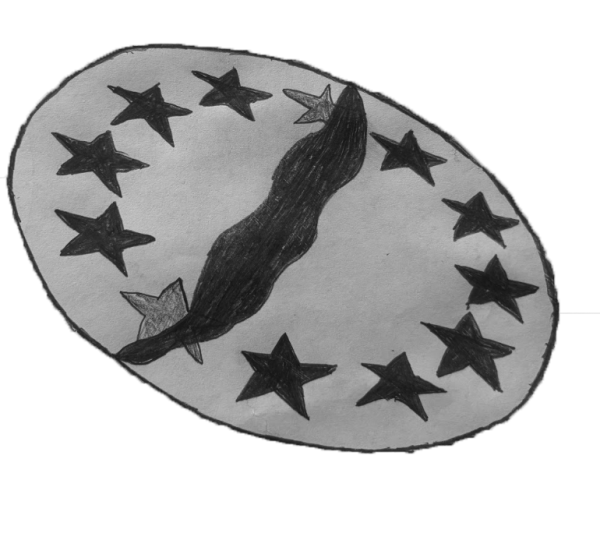Writing Submissions
Disclaimer: The viewpoints expressed by student submissions do not necessarily reflect the opinions or viewpoints of The Garfield Messenger.
To the boy who thinks that I’m a scaredy cat
Poem by Isabel Yueh, ‘021
So, you think that I’m not brave enough?
That when that man, a complete stranger mind you, said that I was “Lookin’ fine” I should have stood up to him? That I should have fought back? Maybe yelled and flipped him off?
Well, let me tell you something.
You are not a girl, will never be a girl, don’t want to be a girl.
You will never understand what it feels like to have all your power taken away with just two words.
To have some man you’ve never met before catcall you as you walk home from school.
You see, I couldn’t have done anything.
How was I going to?
He was at least three times my age and you don’t understand that it is terrifying to have someone that much older than you having ‘intentions’ about you.
So when you tell me that I was not “brave”, you are saying that it’s okay that he ‘wanted it with me’
That it’s okay that I had no control over how my body looked to another person.
So don’t tell me that I’m not brave.
Don’t tell me that I should have done differently.
Because you don’t understand how I can be brave enough to walk down the street again.
With my head held up high. Brave enough to be that girl that he thought was “Lookin’ fine”
What Would MLK Do?
Op-Ed by Daniel Page, ‘019
I would like to preface this article by acknowledging a few points. First, I am an upper class white male, and I strive to recognize the impact this has on my opinions. That said, I ask readers to judge my ideas based on their content, not my demographics. Second, I recognize that many people oversimplify Martin Luther King’s views. Finally, there may be errors of fact or interpretation below; I welcome corrections and reactions.
I believe institutional racism still plagues our society and I am no fan of Donald Trump. I am disappointed, however, with parts of the social justice activism occurring at GHS, particularly at our last MLK Day assembly. I am concerned that our school is failing to live up to the standard King set.
King taught us to reform institutions from within instead of tearing them down when he met with presidents and congressmen to help pass the Civil Rights Act. Speakers at our last MLK Day assembly asserted that any power derived from institutions, including politics, was “without merit.” This is not what King preached.
King taught us in Strength to Love that “Darkness cannot drive out darkness; only light can do that.” Not once did he resort to name calling, even when threatened with death. Speakers at our last assembly responded to Trump’s bigoted comments by referring to him as “our s***hole president.” This is not what King preached.
Given our polarized times, it is more important than ever that we heed the genius of King and meet hate with love, both at assemblies honoring him and during day-to-day interactions. While King would have criticized Trump’s rhetoric, he would not lash out at our president and his supporters with disdain. As he said in his most controversial speech, Beyond Vietnam (1967), “We can no longer afford to worship the god of hate or bow before the altar of retaliation.”
In this spirit, King would have us peacefully protest, seizing on strategic opportunities to win the support of powerful institutions such as the media, the federal government, and political parties. He understood that we rely on institutions to achieve progress — we needs governments to pass laws, the media to shape public opinion, and political parties to forge compromise.
Regardless of whether all, or only some, Trump supporters are racist, smearing anyone as deplorable, racist, or white trash only exsacerbates isolation and despise. Instead, we must come to understand, connect with, and genuinely appreciate those we most fervently disagree with. As MLK wrote in Strength to Love, “Hate cannot drive out hate; only love can do that.” This does not rule out respectful critiques of others and ourselves, it does rule out vitriol.
We must transcend derision; we must enumerate and embody a better vision for the world. If we seek a community that is welcoming we must put an end to our palpable disdain for certain voters. And if we seek a nation without rabid hate we must cease to call others “white trash.” It will be a trying process. But if we fail, there will be no critical conversations, no change, and no justice.
This is the strategy I believe will be most effective at creating a community free of loathing for people and cultures. How do you think we can best accomplish this?
As with every article in our paper, any responses to student submissions are welcomed and encouraged, and can be submitted to [email protected]. If you have any other artwork, photography, or writng you are passionate about, contact us to submit your work!




